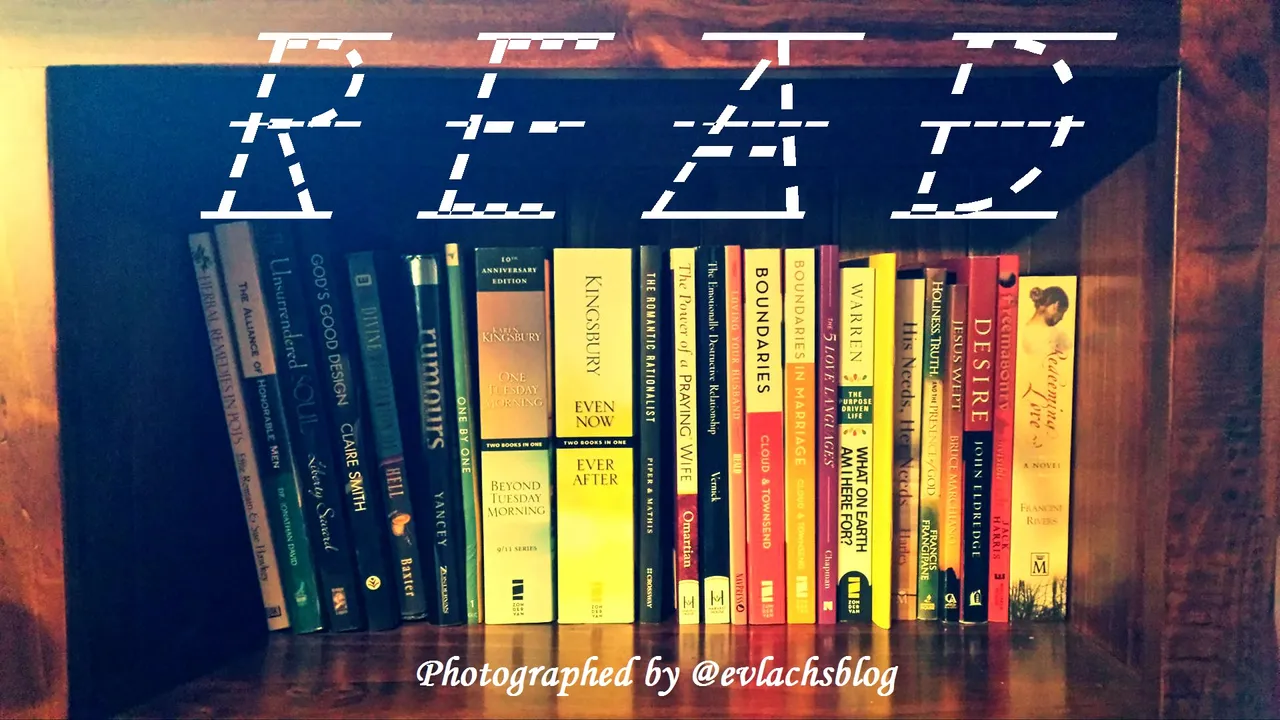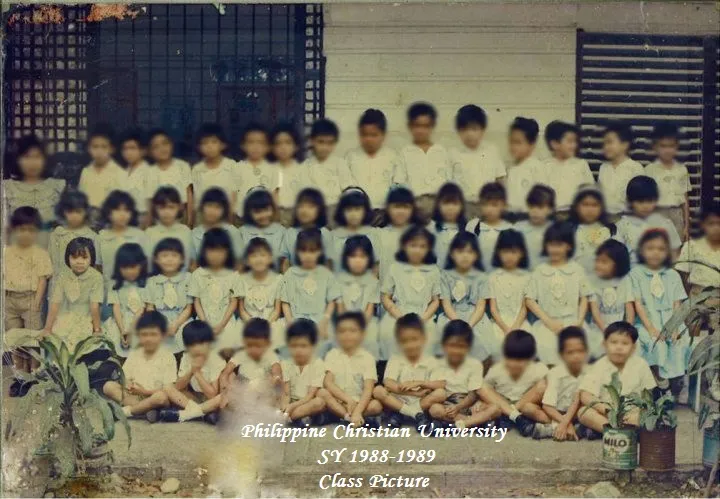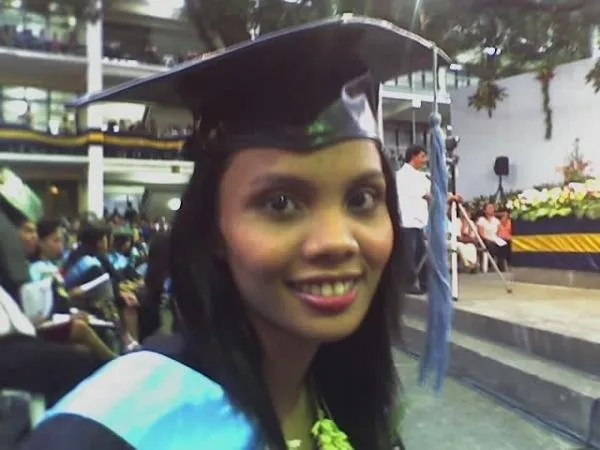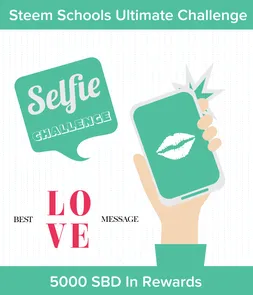Because I was taught a different method of learning how to read in my first language, I experienced difficulty in learning English. I found that this language was so complex, that I had to learn how to pronounce each letter or had to be aware of the sound differences (the phonograms), especially if the word consists of two consecutive vowels or two consecutive consonants. That I found really confusing, but nonetheless,
In my primary school years, the teacher would assign twenty (20) vocabulary words on Mondays each week. Our homework was to find the dictionary meaning of each word and to use them in a sentence. I took initiative on studying the language on my own, learnt how to use the dictionary not only for the purpose of finding the definition of a word, but also learning its correct pronunciation. This actually helped me build my English vocabulary - words and their meanings make up the building blocks of my literacy development in English. The Australian Curriculum (ACARA, n.d.) states that
"literacy is developed through the specific study of the English language in all its spoken, written and visual forms, enabling students to become confident readers and meaning-makers as they learn about the creative and communicative potential of a wide range of subjects and everyday texts."
That being said, I realised that I was beginning to find reading as pleasurable and fun, and I became a confident reader when I started to comprehend what I was reading.
My love for learning the English language gave me the motivation to take up Bachelor Degree in Secondary Education. It was my first choice when I enrolled in the university, since I have always wanted to become a teacher. I decided to take English as my major, because I wanted to teach English as a second language to my future Filipino students. My university professors helped me appreciate different literary genres and understand the written texts on a deeper level.
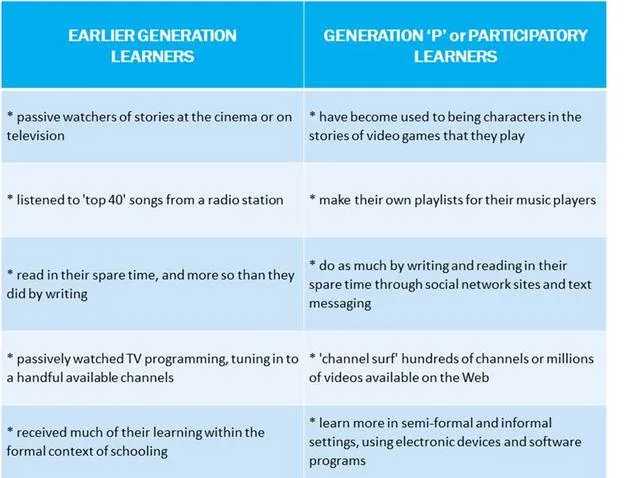
Table: Two Generations of Learners according to Kalantzis, et al. (2012)
Kalantzis, et al (2012) differentiated two generations of learners. Based on the examples listed in Table above, I am both an earlier generation learner and a Generation 'P' learner. We did not use to have the new technology that we have now during my early schooling history from primary to high school. I used to submit written or manually typewritten projects and homework accomplished through research in the library. I did not have the convenience of personal computers and digital technology to help me with my assignments, instead, I used encyclopaedias and other reference materials. I received much of my learning within the formal context of schooling. After high school, I had gap years, and when I enrolled in university for my Bachelor Degree in Education, I observed that things had changed dramatically. Computer and internet became very important tools for my studies. From university years until present, I consider myself a 'Generation P' learner. I take responsibility for my own learning and continue to learn beyond the classroom by reading more books, articles, journals, and many more, and also, by using social media, for example, Facebook (and Facebook groups), Wordpress, Steemit, etc. to continue my reading, writing, and learning of current trends.
References:
Australian Curriculum and Assessment Reporting Authority [ACARA]. (n.d.). General Capabilities in the Australian Curriculum: English. Retrieved from: http://docs.acara.edu.au/resources/English_-_GC_learning_area.pdf
Kalantzis, M., et al (2012). The work of learning and teaching literacies. Retrieved from: http://assets.cambridge.org/97811075/78692/excerpt/9781107578692_excerpt.pdf
Sousa, D. (2005). How the brain learns to read. In Chapter 2, Learning to Read (pp. 31-62). Thousand Oaks, Calif.: Corwin Press
Thank you for reading! Upvote and comment if you have any feedback!
Thank you! God bless you!
Join our #SteemBulls Community Discord Server: https://discord.gg/qy5H8rW
#SteemBulls is a great platform especially for new Steemians. We are a community of people who help one another in having our posts get noticed, read and appreciated.
Come and join and be inspired!!!
Check out posts by @sarahdandridge, @ryl, @dangerousangel, @joanna-godfrey, @nicholax, @information7, @kirstyjayne and many more!!!
Steembulls Image Source: @steembulls
Join our discord family of #steemschool founded by @dobartim and learn from different writers, bloggers and steemians on how to write quality posts!!! At the moment, #steemschool is encouraging everyone to participate in the SteemSchools Ultimate Challenge, where you can submit an entry till end of 100 Days Challenge.
Check out posts by:
@flysky
@sweetim
@d4rkflow
@nikolina
@lovelyworld
and many more...

